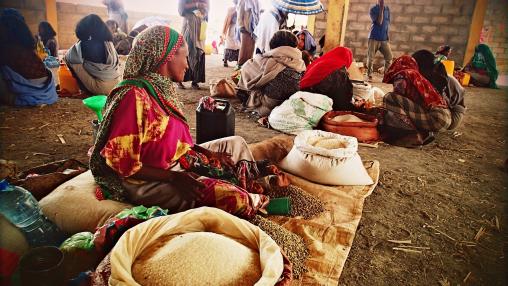
Food, fertilizer prices continue to rise: Latest FAO Food Price Index and AMIS Market Monitor Released
The FAO Food Price Index continued to rise in September, driven by increasing cereal and vegetable oil prices. The Index was up 1.2 percent from August 2021 and 32.8 percent from September 2020.
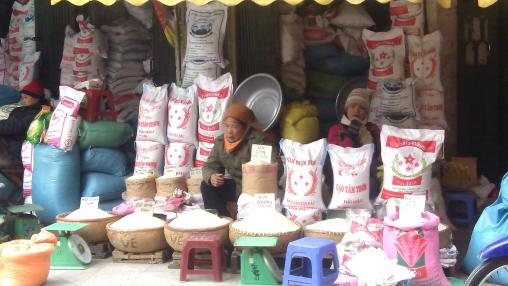
FAO Food Price Index Rebounds in August
After declining in June and July, the FAO Food Price Index rose quickly again in August and reached 32.9 percent higher than August 2020 levels. The increase was driven by rising cereal and vegetable oil prices, as well as by rises in sugar prices.
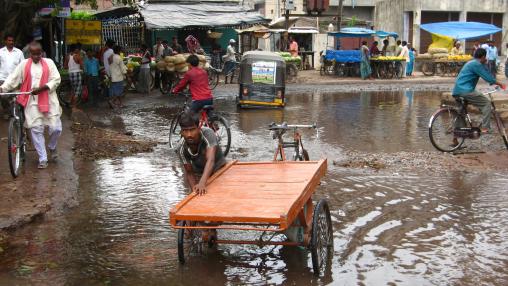
The world is not on track to end hunger: 2021 SOFI report released
Our window of opportunity for achieving SDG 2 — eradicating hunger and malnutrition and ensuring access to safe, nutritious, and sufficient food for all by 2030 — is closing rapidly. However, far from moving closer to that goal, the world has seen a resurgence of hunger and food insecurity.
Using Big Data and Machine Learning to Predict Poverty and Malnutrition for Targeting, Mapping, Monitoring, and Early Warning
Increasingly plentiful data and powerful predictive algorithms have heightened the promise of data science for humanitarian and development programming. As agencies increasingly embrace and invest in machine learning methods for poverty and malnutrition targeting, mapping, monitoring, and early warning, it is essential to recognize that different objectives require distinct data and methods.
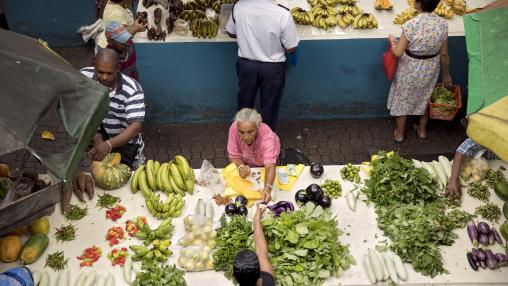
COVID-19 pandemic offers rare chance for food systems transformation
The COVID-19 pandemic has caused unprecedented disruptions of social interactions, affecting both the supply and demand for food. These disruptions to jobs, income and food supply magnified and exacerbated existing inequalities. While the emerging urban middle class suffered greater income losses, the poor and vulnerable in rural and urban areas experienced the worst livelihood impacts. Many social programs, including cash transfers, nutrition and education were interrupted, delayed, or halted, setting back decades of process in reducing poverty, hunger, malnutrition and illiteracy.
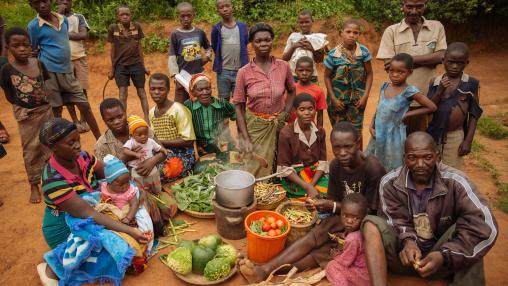
Measuring Food Loss and Waste: Post-harvest Loss Surveys
Reducing food loss along the entire value chain can play an important role in improving global and local food security. However, accurate, standardized definitions and measurements of food loss have proven elusive. Without being able to properly understand the scope of the problem, policymakers and researchers will find it difficult to enact effective policies to address it. Two recent studies from researchers at IFPRI, KU Leuven, and UN FAO aim to improve the way food loss are studied and measured in order to provide a clearer policy roadmap.
Food loss is important
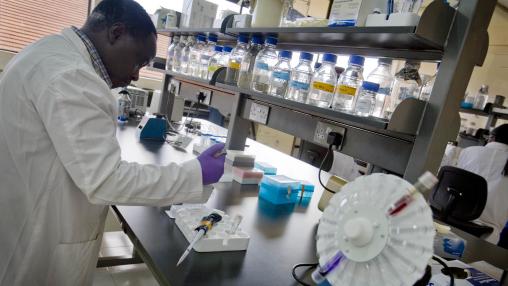
Ending Hunger by 2030: Policies and Costs
The number of undernourished people around the world rose from 653 million in 2015 to 690 million in 2019. According to a recent policy brief produced for the Food Systems Summit, more than 840 million people could suffer from by 2030, putting Sustainable Development Goal 2 – the eradication of hunger and malnutrition by 2030 – in serious jeopardy.
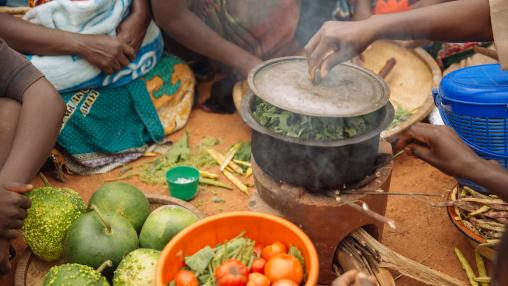
Policies are crucial for food system transformation
Food systems hold the key not only to food security, but also to plant, animal, and human health, as well as environmental sustainability. The United Nations (UN) will hold its first ever UN Food Systems Summit in Sept. 2021, since the transformation of food systems is now seen as one of the most impactful approaches to meeting all 17 Sustainable Development Goals.
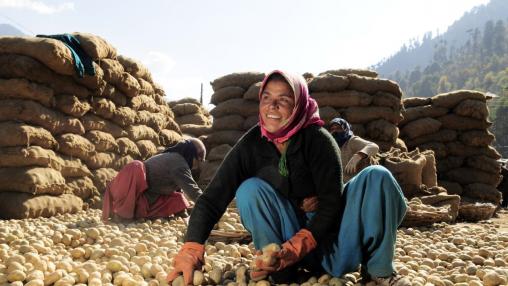
New E-Learning Course Launched on FSP E-Learning Platform
While women contribute significantly to global agricultural production, they often lack access to credit and finance, training and extension services, resources, and land rights, putting them at higher risk of malnutrition, food insecurity, and poverty. Increasing women’s empowerment in agriculture is a critical step in ensuring gender equity and reducing hunger for all.
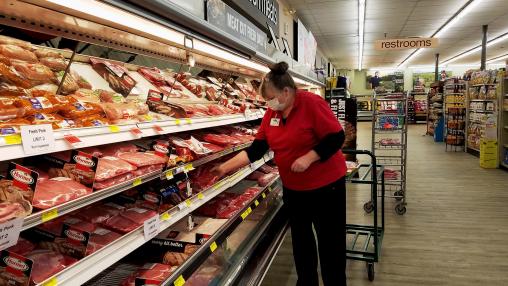
Measuring the True Cost of Food
Think20 (T20) is a G20 engagement group that connects and collaborates with think tanks around the world to provide ideas and recommendations to G20 leaders. This blog pulls from one of the briefs published by the T20 task force on Sustainable Energy, Food, and Water Systems, one of ten T20 task forces for this year’s Saudi Arabia G20 Presidency. Second in a series.